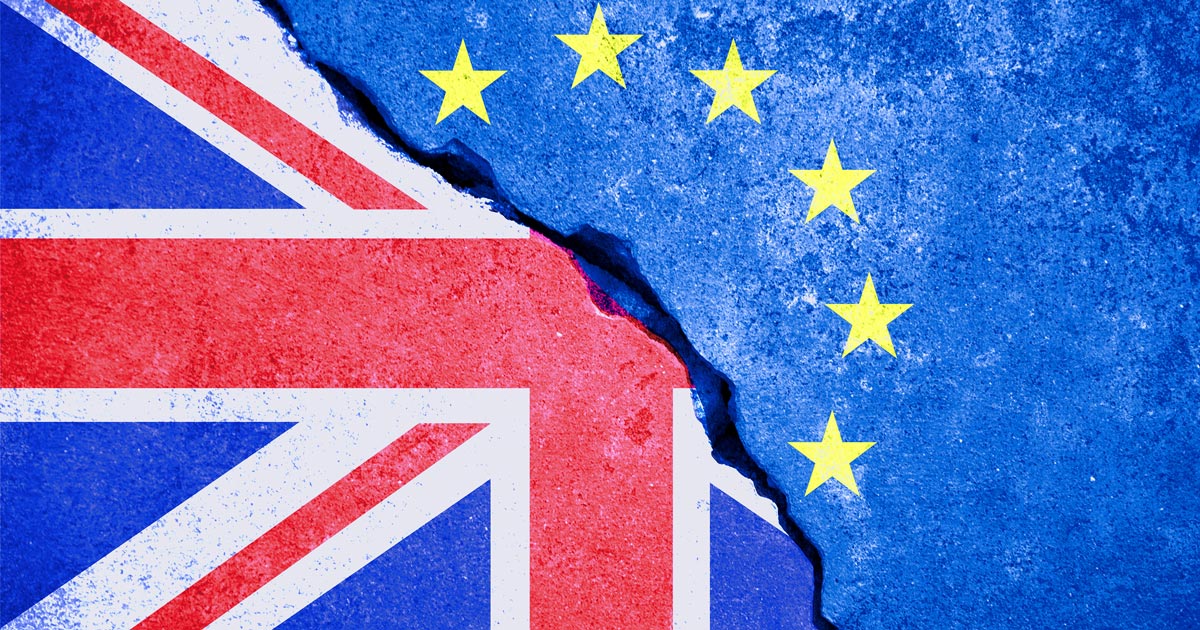Nearly two-thirds (64%) of vets see Brexit as more of a threat than an opportunity for the UK veterinary profession.
Figures released from the BVA Voice of the Profession survey also show half of vets also consider Brexit more of a threat than an opportunity when it comes to animal health and welfare (51%).
Pessimistic
Younger vets express a more pessimistic outlook on the likely impact of Brexit than older vets, but even among the older age groups, the majority perceive Brexit as more of a threat than an opportunity (54% of vets aged more than 55, up from 40% in 2016).
Most concern is among vets working in academia (69%) and industry (58%), who see Brexit as more of a threat to their own area of work than an opportunity. At the other end of the spectrum are vets in Government (46% more of a threat; 17% more of an opportunity) and vets in mixed practice (49% threat; 10% opportunity).
Recruitment
Vets are particularly worried about the impact of Brexit on veterinary recruitment, with 53% of respondents saying the recruitment of vets had become harder since the EU referendum – a view that has risen dramatically since autumn 2016, when 18% said the EU referendum had made recruitment of vets harder.
More than 8 in 10 (84%) respondents agree for the purposes of post-Brexit immigration the veterinary profession should be considered a shortage occupation.
Shortages
BVA president Simon Doherty said: “As the UK Government ramps up its planning for a no-deal scenario, it’s clear the veterinary profession is becoming increasingly concerned about the potential impact of Brexit.
“Top of vets’ list of concerns is significant veterinary workforce shortages across critical areas of animal welfare and public health. Veterinary concerns around animal welfare have also increased as the Government continues to stall on introducing new legislation to enshrine animal sentience in UK law before March.”
Impact
He continued: “From pet passports and food safety, to disease surveillance and trade certification, there is no area of veterinary work not touched by Brexit. So, we can fully understand why our members are worried about the future. The BVA will continue to raise these important veterinary issues with policymakers to ensure the profession is considered as Brexit discussions continue.”
The BVA briefings on “Brexit and the veterinary profession” and “No deal Brexit and the veterinary profession” set out all of the issues of interest in more detail.
